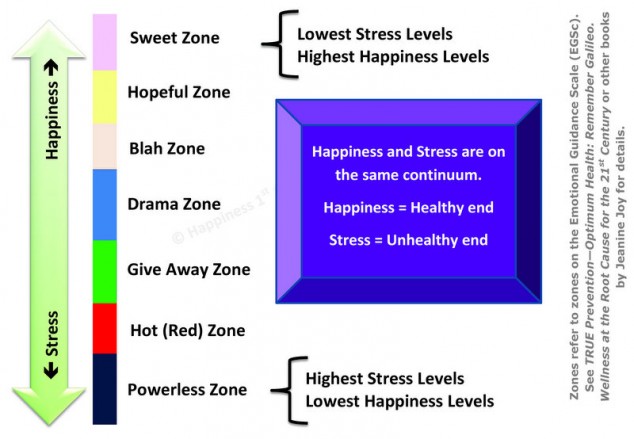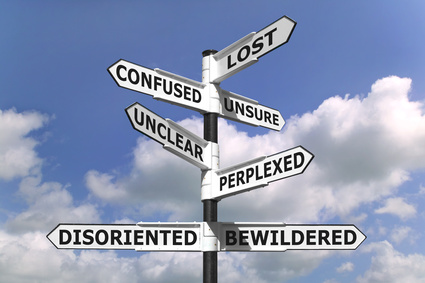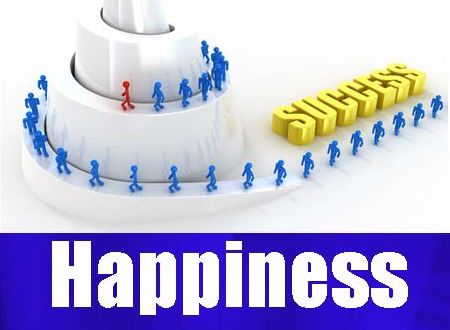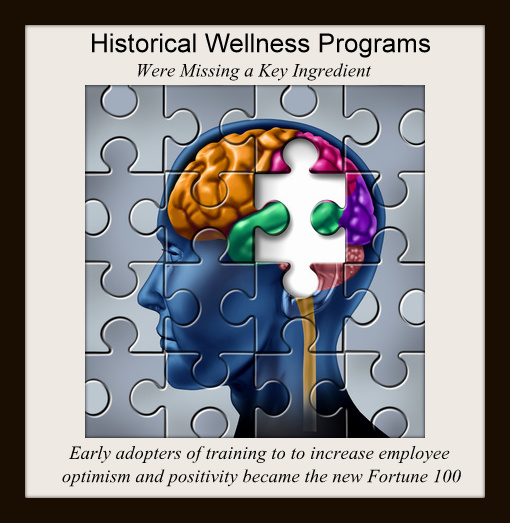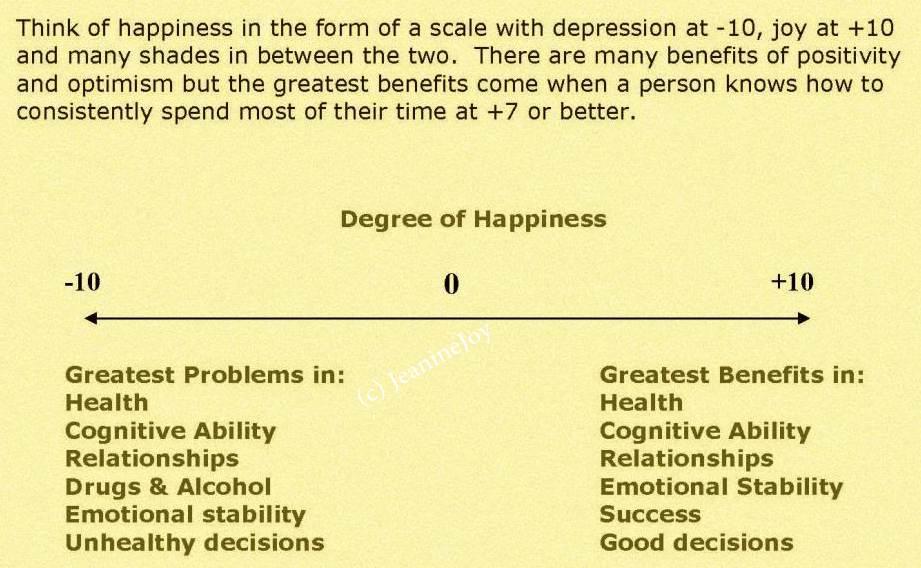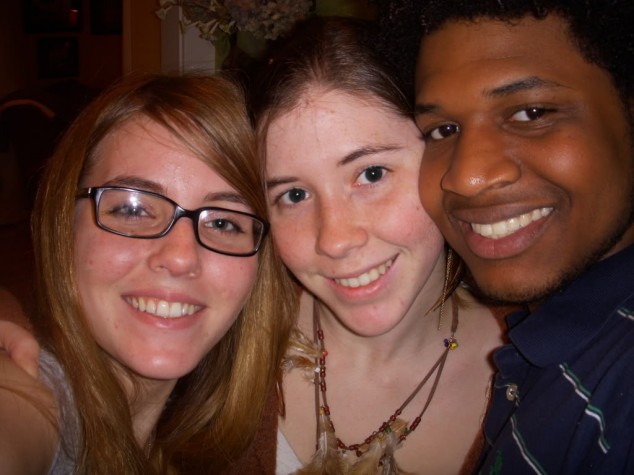An Open Letter to Parents Regarding the Happiness of Their Children
Does your child’s happiness matter? As parents we want the best for our children. We willingly make many sacrifices to ensure they have not only what they need but opportunities we want them to have.
Why do we do this? In the final analysis, whether it is good grades, a college education, a car, being on a winning team or a wide circle of friends the reason is that we believe they will be happier in the having of the experience, education or thing. We want our children to be healthy, happy, and productive.
In our opinion every parent would benefit from being aware of the new research on happiness.
I will share some of the relative details of that research including:
- Happy children have better relationships
- Happy children do better in school
- Happy children do better on examinations including the SAT
- Happy children are healthier
- Happy children are more likely to accomplish their goals
- Happy children are less likely to become addicted to drugs and alcohol
- Happy children are less like to get pregnant
- Happy children are less likely to commit crimes
Happy children do better in school and on examinations including SAT examinations. Scientists have actually demonstrated that happiness increases our level of both intelligence and creativity. The same individual is not an intelligent or creative when they are in a negative state of mind as they are when they are in a positive state of mind.
Don’t worry. I am not about to suggest that you give in to every whim your child has in order to ‘keep him or her happy’. In fact, happiness does not work that way. It is not about ‘getting your way’ but about how you respond to the circumstances of your life. It is what I call the ‘back-story’ you tell yourself.
For example, take two children who want the same thing and their parent tells them they cannot have it. A negatively focused child might, in their own mind, explain your unwillingness to allow them to have the desired thing by telling themselves things such as “Mom/Dad would let me have this thing I want if they loved me; they must not love me” or “I must be a disappointment to Mom/Dad; if they were proud of me they would let me have this thing I want” and so on. You can see where those thoughts lead. They lead to low self esteem and associated problems including depression.
On the other hand, the positively focused child might, in their own mind, explain your unwillingness to allow them to have the desired thing by telling themselves things such as “Mom/Dad would let me have this if they thought it was best for me; maybe I can help them see the benefits of my having this thing”, or “Even though they said no today they may change their mind” or “Maybe Grandma or Grandpa will get this thing I want for my birthday”, or “Maybe I could earn the money and get this thing I want myself”.
As you read the types of thoughts a negatively focused child might have and imagine others along those same lines also think about the drama and anxiety that might be associated with the thoughts.
The negatively focused child, if they have tied how much their parent loves them to the outcome of getting this thing or not will experience the parents’ unwillingness to provide the thing as a severe emotional blow (and rightly so considering what they have tied to the outcome).
The positively focused child feels secure in being loved, would never think to tie being loved or not to a question of receiving something. These feelings really have little or nothing to do with the parents’ behaviors but with the back story the child tells him or herself. An average parent with a child that has developed this type of back story cannot change their behavior enough to make the child feel more love. The child has to change the back story in order to feel the love that is already there.
The interesting thing about back stories is that we all create them to explain things that happen in our world. There are as many different back stories to every situation as there are people.
Listen to your own thoughts as you move through your day. If someone is rude to you how do you explain it to yourself in the privacy of your own mind? Do you see the world as full of rude people or do you shrug it off as that person having a bad day and taking it out on someone who just happens to be handy?
If you receive a promotion was it luck, your hard work, your education, who you know, right place and right time or something else?
Everyone creates back stories for events in their life. It is something we usually do unconsciously. Most of us do not say to ourselves “What sort of back story am I going to tell myself about this situation?” and then create one that makes us feel good. We could do this but most of us do not. Then we begin believing the back-story we tell ourselves and will staunchly defend the truth of our back story which is just something we made up to make sense of something and then thought about repeatedly.
Another interesting thing is that most of us do not talk about our back stories as such. We do not have conversations that are that deep into the privacy of our own minds.
When we are more consciously aware that we are creating back stories we have the opportunity to question them before they become rooted as beliefs. For example, the child who first ties being loved to receipt of some ‘thing’ could, if the child understood back stories, ask the parent or another trusted source if that back story that feels so awful is true and avoid thoughts that would fester and create trouble in the future.
That is enough about back stories for now. They are just one aspect of how a negatively focused individual experiences the same situation so differently than a positively focused person experiences the same circumstances.
Let’s return to the fact that happy people (children and adults) do better in school and on examinations than those who are not. So, if one of your dominant desires for your child is to do well in school so they will be happy would you not want to help them learn to be happy now so they can do better in school?
Depression has reached epidemic levels in America with 1 in 10 individuals experiencing depression[1] and depression being rampant among those in the 18 – 24[2] year range.
Learning how to be more optimistic has been demonstrated to both help alleviate depression and prevent depression. There is a separate letter in the Benefits section of our website which is focused on depression that you may wish to read.
Good relationships are very important to a life that feels good. Science has also shown that happier individuals have better relationships including family, friends, co-workers and other loved ones. There are too many factors that impact relationships to cover them here but if you consider the ‘back-story’ example above you can clearly see how the negatively focused individual is not feeling the love even if it is there. Many people suffer from feeling unloved when they are very loved. It is their back-stories that interfere with being able to feel loved. Happier individuals are also more likeable and tend to be able to maintain friendships and other relationships in healthier and more satisfying states.
Finally, the benefits of happiness on health are tremendous. In one study, which I am very glad I did not participate in, positively focused and negatively focused individuals were deliberately infected with the same cold virus. They were also kept in an isolated floor of a hotel for monitoring throughout the experiment. The results were astounding.
All the negatively focused individuals became ill. Some of the positively focused individuals did not become ill.
The positively focused individuals who did become ill suffered fewer symptoms and a shorter duration illness than the negatively focused individuals. Because they had isolated the participants they were even able to measure true symptoms (not just reported symptoms).
This and other studies have shown a direct correlation between immune system function and level of positivity.
Other studies have shown that individuals in like circumstances who are more positively focused can live as much as 10 years longer than those who are negatively focused even when family history is considered. Additionally, those who were positively focused were more likely to remain fully functioning until much closer to death than those who were negatively focused. The chronic and debilitating illnesses tended to impact those who were negatively focused.
Other research has shown that the risk of ailments such as heart disease, high blood pressure, diabetes, depression, and Alzheimer’s are reduced with increased levels of happiness.
Regardless of whether your desire for your child is just not missing class due to illness as much or a longer and healthier life increasing happiness now can have positive impacts on all of these things.
The positive impact of increased happiness on an individual is tremendous. It will improve their relationships, their results in school and their health and general well-being.
Our classes are available for individuals age 16 and up and mature 14 year olds are welcome to attend classes with their parent(s) if both/all are enrolled.
Please consider giving your child the gift of happiness. Your child’s happiness matters.
See our programs tab for information on classes. We are also available for programs in schools.
Closing with a sincere wish for a happy life and all that entails for you and your child.
Sincerely,
Jeannine Joy, President
Happiness 1st Institute
For Younger Children
Please Note: In the future classes for younger children will be developed. If you are interested in classes for younger children please let us know as demand can influence the resources we put towards development of the course. We would also be interested in hearing about your experiences with younger children, what worked and what did not, to help us develop effective tools and techniques to help them.
For now the best we can do for younger children is recommend some reading material.
For the parent:
Martin Seligman’s “The Optimistic Child” as reading material to parents of younger children.
For the child:
We like:
S. M. Mawe’s “Dandelion: The Extraordinary Life of a Misfit”
“The Little Engine That Could” – Any age appropriate version should be good
[1] Healthline, What is Depression, Retrieved on December 8, 2011, from http://www. healthline. com/health/depression-overview
[2] Tartakovsky, M. (2008). Depression and Anxiety Among College Students. Psych Central. Retrieved on December 8, 2011, from http://psychcentral. com/lib/2008/depression-and-anxiety-among-college-students/

